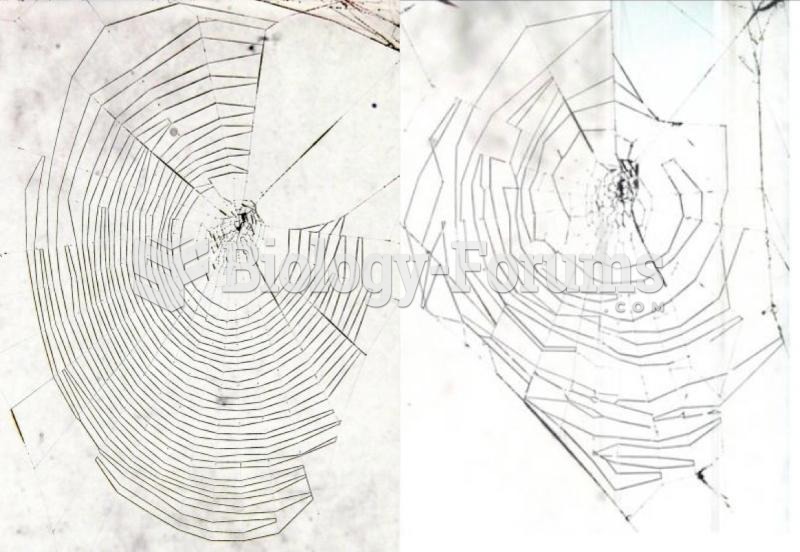|
|
|
Not getting enough sleep can greatly weaken the immune system. Lack of sleep makes you more likely to catch a cold, or more difficult to fight off an infection.
Before a vaccine is licensed in the USA, the Food and Drug Administration (FDA) reviews it for safety and effectiveness. The CDC then reviews all studies again, as well as the American Academy of Pediatrics and the American Academy of Family Physicians. Every lot of vaccine is tested before administration to the public, and the FDA regularly inspects vaccine manufacturers' facilities.
In 1886, William Bates reported on the discovery of a substance produced by the adrenal gland that turned out to be epinephrine (adrenaline). In 1904, this drug was first artificially synthesized by Friedrich Stolz.
Immunoglobulin injections may give short-term protection against, or reduce severity of certain diseases. They help people who have an inherited problem making their own antibodies, or those who are having certain types of cancer treatments.
During pregnancy, a woman is more likely to experience bleeding gums and nosebleeds caused by hormonal changes that increase blood flow to the mouth and nose.
 Left: This web was woven by a 17-day-old spider, showing regular patterns. Right: This web was woven
Left: This web was woven by a 17-day-old spider, showing regular patterns. Right: This web was woven
 Variation in coat pattern in zebras. The patterns show progressively more black left to right and to
Variation in coat pattern in zebras. The patterns show progressively more black left to right and to
 Herniated disk. A herniated disk is a protrusion of the disk’s gelatinous center, called the nucleus
Herniated disk. A herniated disk is a protrusion of the disk’s gelatinous center, called the nucleus
 (Left panel) The transition level (TL) for moving out of the parental home for 240 young men and ...
(Left panel) The transition level (TL) for moving out of the parental home for 240 young men and ...



